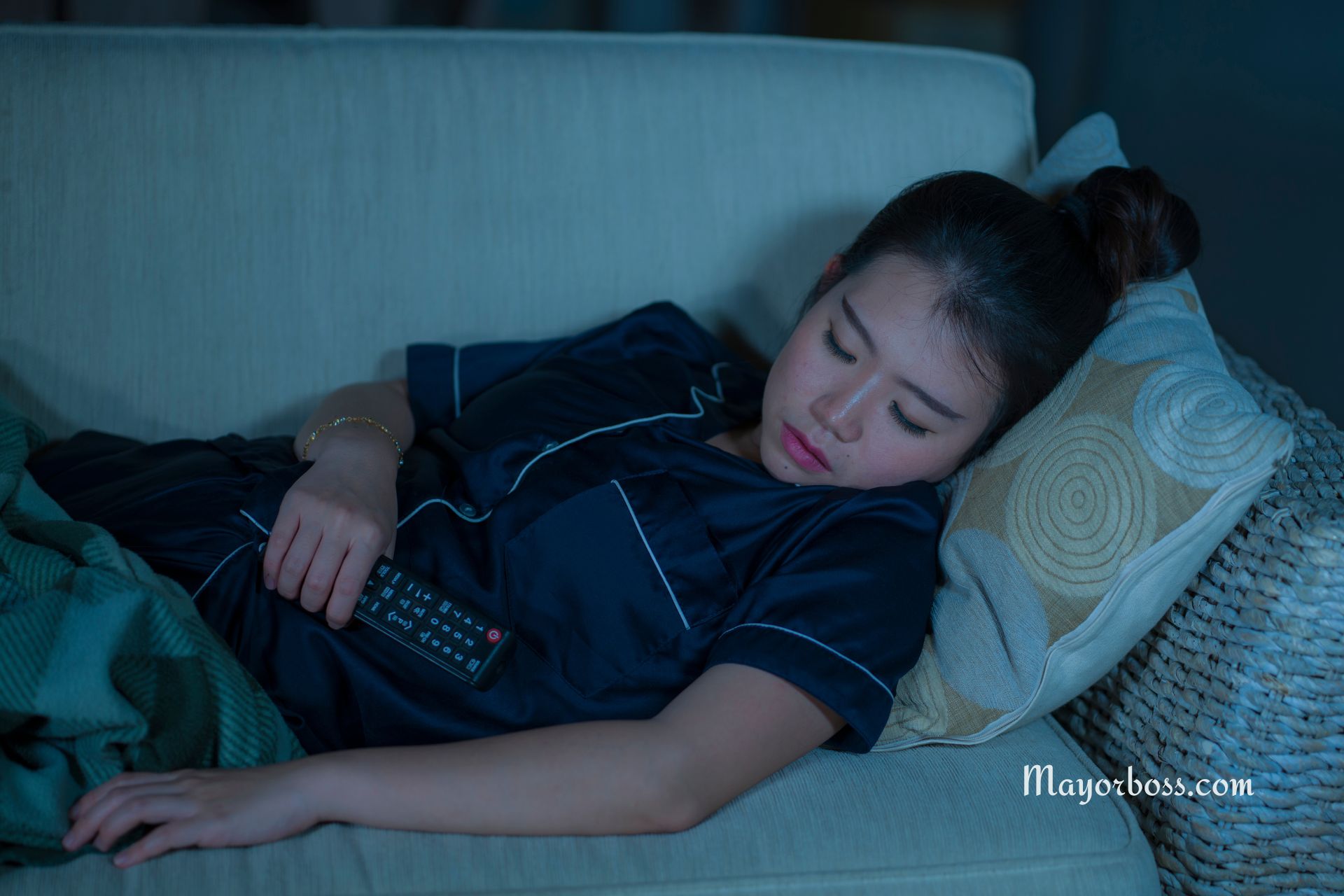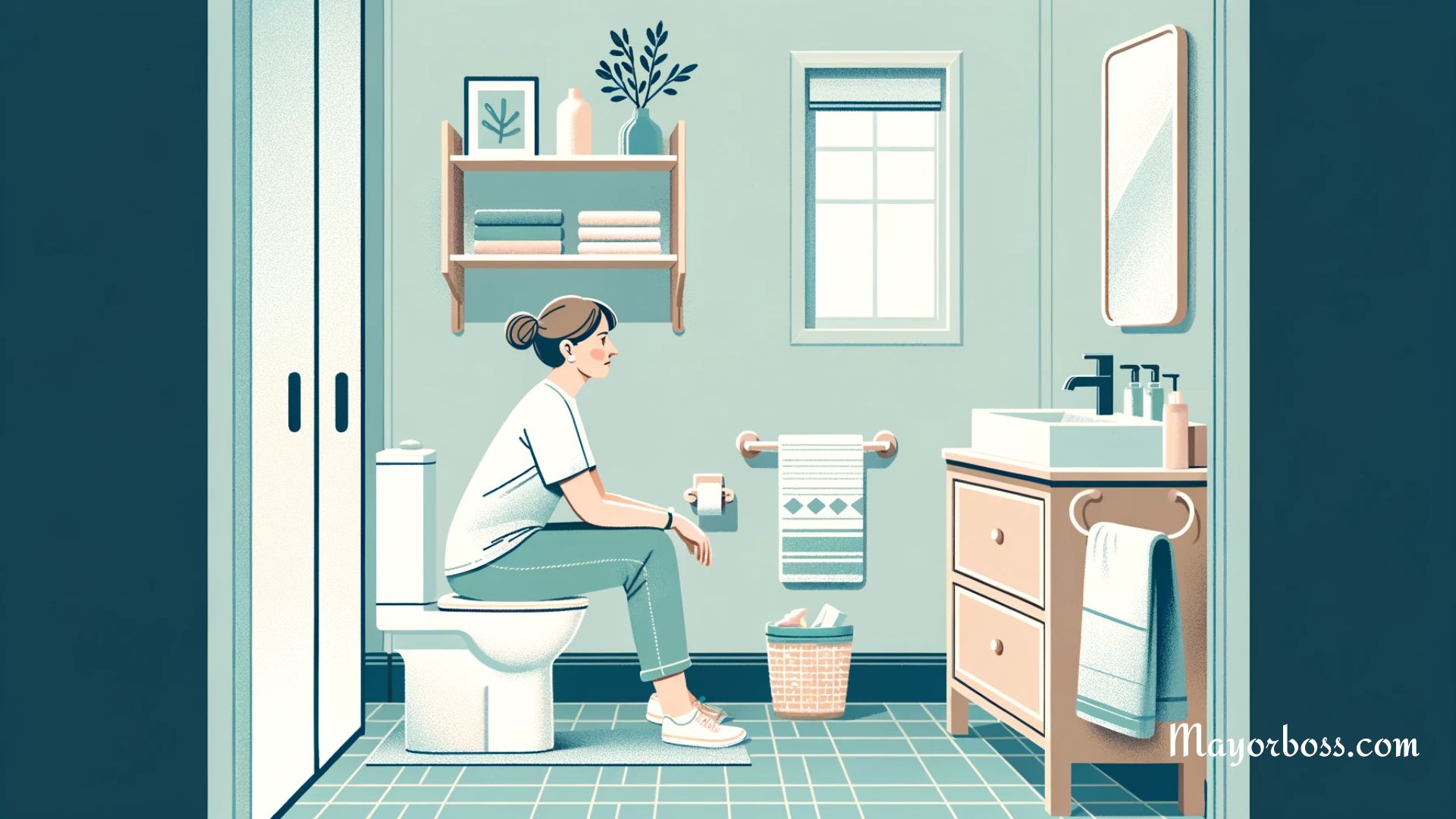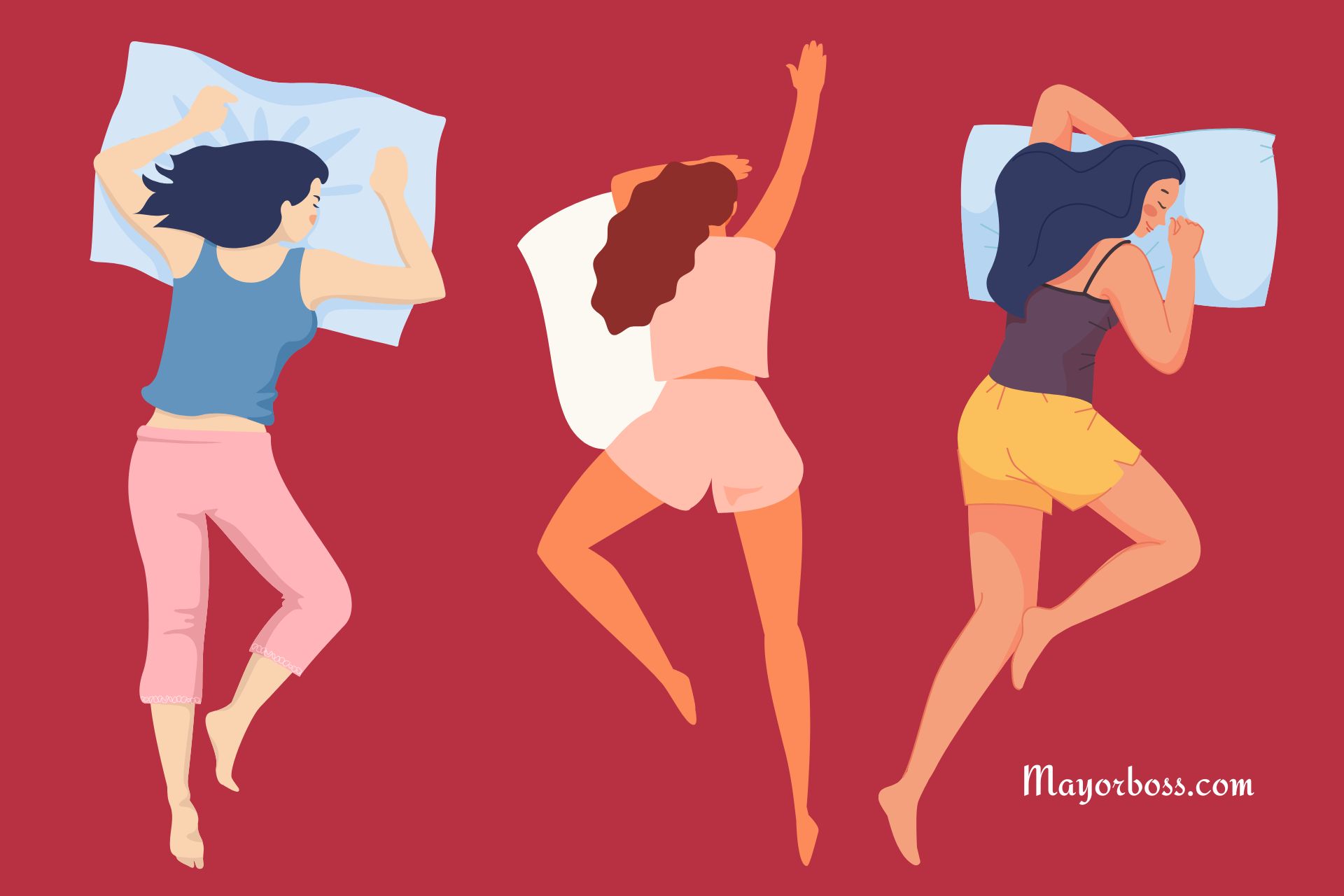Falling Asleep With the TV On is Deadly
We all have those nights when we fall asleep with the TV still on, thinking it’s harmless. But what if I told you that this seemingly innocent habit might actually be putting your health at risk? According to a study conducted by scientists from Northwestern University, the habit of falling asleep with the TV on can bring an early death closer. Yes, you read that right—something as simple as leaving the TV on while you sleep could have serious consequences for your health.

Sleeping with Artificial Light Increases the Risk of Serious Health Problems
Let’s get into the details of why sleeping with artificial light is so harmful. The study points out that when you sleep with the TV on, or any artificial light for that matter, it messes with your body’s natural rhythms. The researchers strongly urge people to avoid or at least minimize exposure to artificial light while sleeping. This is because artificial light disrupts your circadian rhythm, occasionally called the “biological clock,” the internal clock that regulates your sleep-wake cycle.
The study uncovered that people who sleep with some form of artificial lighting are more likely to suffer from insulin resistance. This condition happens when your muscle, fat, or liver cells don’t respond well to insulin, the hormone that helps control blood sugar levels. When insulin resistance kicks in, it often leads to more serious health problems like hypertension (high blood pressure), type 2 diabetes, and even cardiovascular diseases.
Insulin Resistance Links to Sleep with the Light On
But what exactly is insulin resistance? It’s a condition that occurs when your body’s cells don’t respond as they should to insulin. Typically, insulin helps sugar from the food you consume get into your cells to be used for energy. However, when you have insulin resistance, your cells can’t use insulin effectively, thus leading to a buildup of sugar in your blood. Over time, this can lead to type 2 diabetes and other serious health conditions.
According to the study, 17.8% of participants who slept with the light on at night suffered from diabetes. In comparison, only 9.8% of those who slept in complete darkness had diabetes. This significant difference highlights how detrimental it can be to your health if you sleep with the TV or any other light source on.
Obesity is Also Tied to Sleeping with the TV On
The study didn’t stop there. It also revealed that artificial light during sleep is linked to obesity. More than 40% of the participants who slept with a light on were obese, compared to just 26.7% of those who slept in complete darkness. This means that the simple act of turning off the TV before bed could help you maintain a healthier weight.
Obesity, as you probably know, is a major risk factor for numerous chronic ailments, including type 2 diabetes, heart disease, and even certain types of cancer. Thus, by simply making your bedroom as dark as possible, you could be doing your body a huge favor.
Making a Habit of Sleeping in Complete Darkness Could Save Your Life
So, what’s the takeaway here? If you’re in the habit of falling asleep with the TV on, it might be time to rethink that routine. The study from Northwestern University suggests that making your sleeping environment as dark as possible could significantly lower your risk of developing serious health problems like diabetes, obesity, and cardiovascular diseases.
It might seem like a small change, but turning off the TV and keeping your room dark could have a big impact on your health. After all, your body needs complete darkness to properly regulate its internal clock and perform essential functions while you sleep.
Simple Steps You Can Take to Improve Your Sleep Environment
If you’re wondering how to make this change, here are a few tips:
- Turn off all electronic devices: This includes the TV, computer, and even your phone. If you can’t sleep without some background noise, consider using a white noise machine instead of the TV.
- Use blackout curtains: These can help block out any light from outside, ensuring your room stays dark all night.
- Consider a sleep mask: If you can’t control the light in your environment, a sleep mask can be a great alternative to keep your eyes shielded from any light.
When next you’re tempted to leave the TV on as you drift off to sleep, remember the findings of this study. Turning off the TV and sleeping in complete darkness might just be the key to a healthier, longer life.






